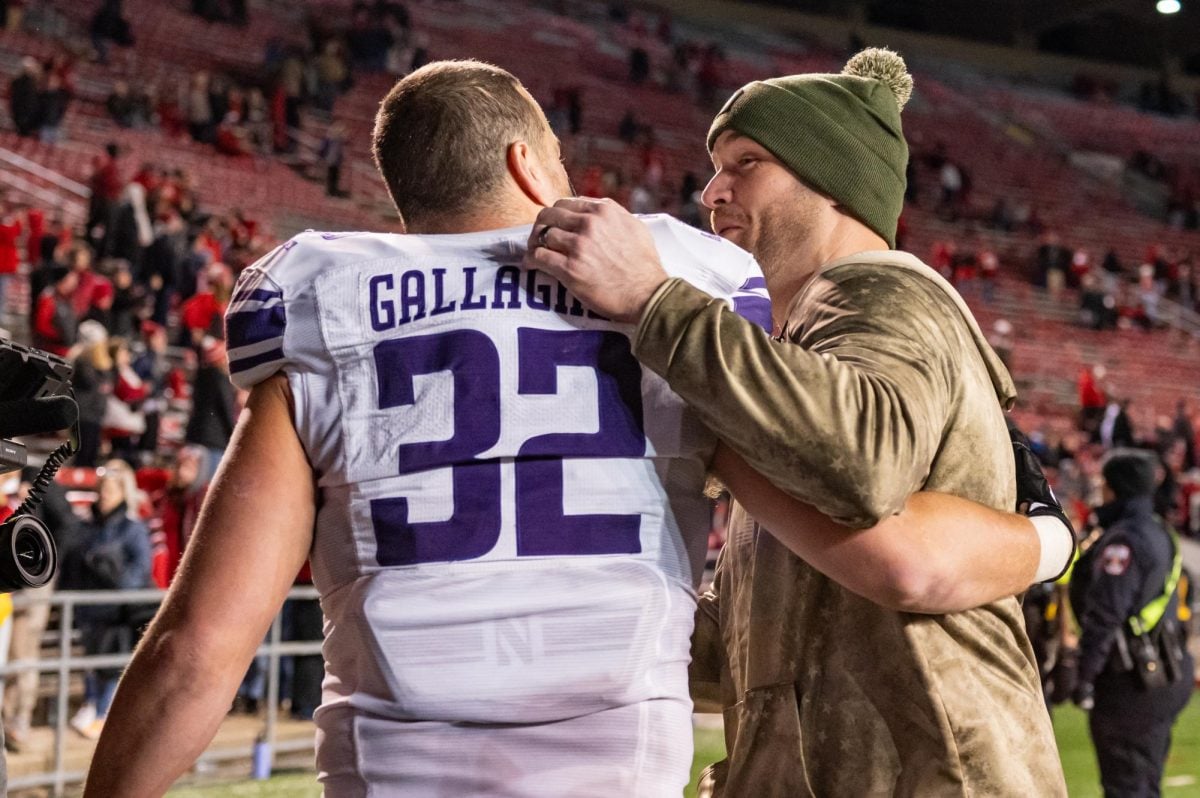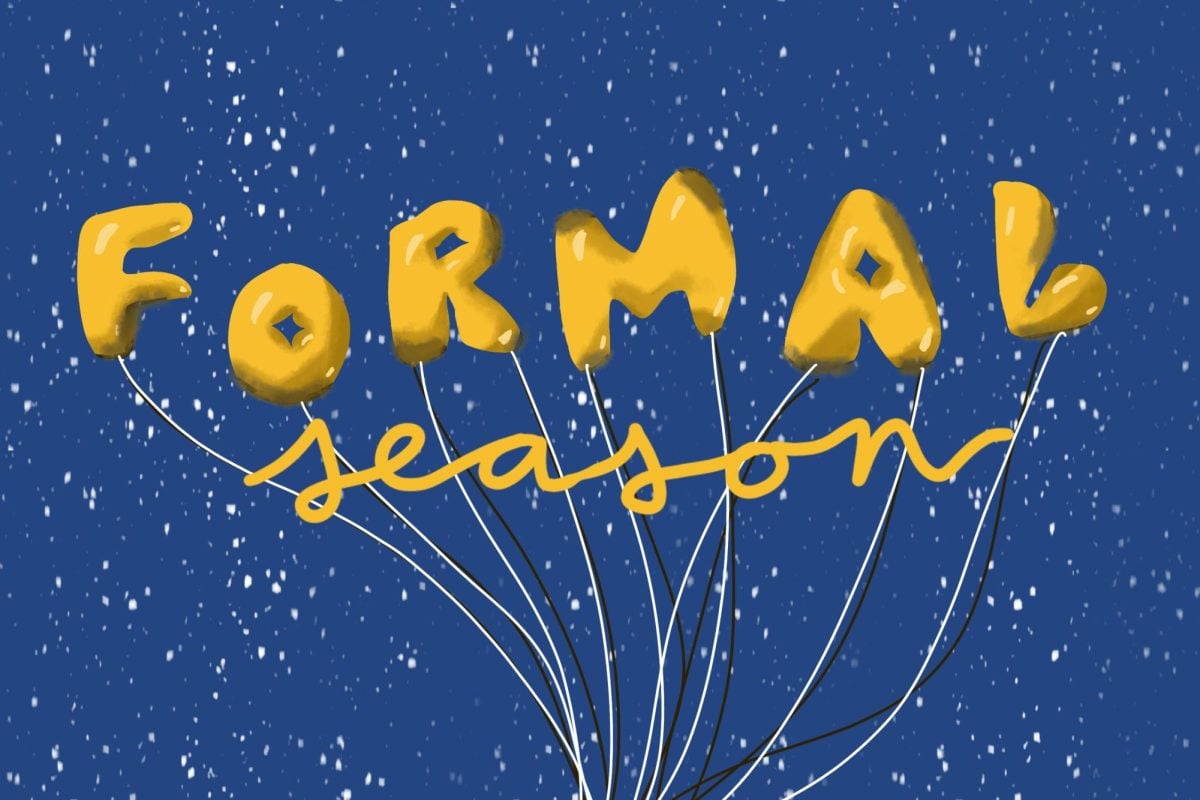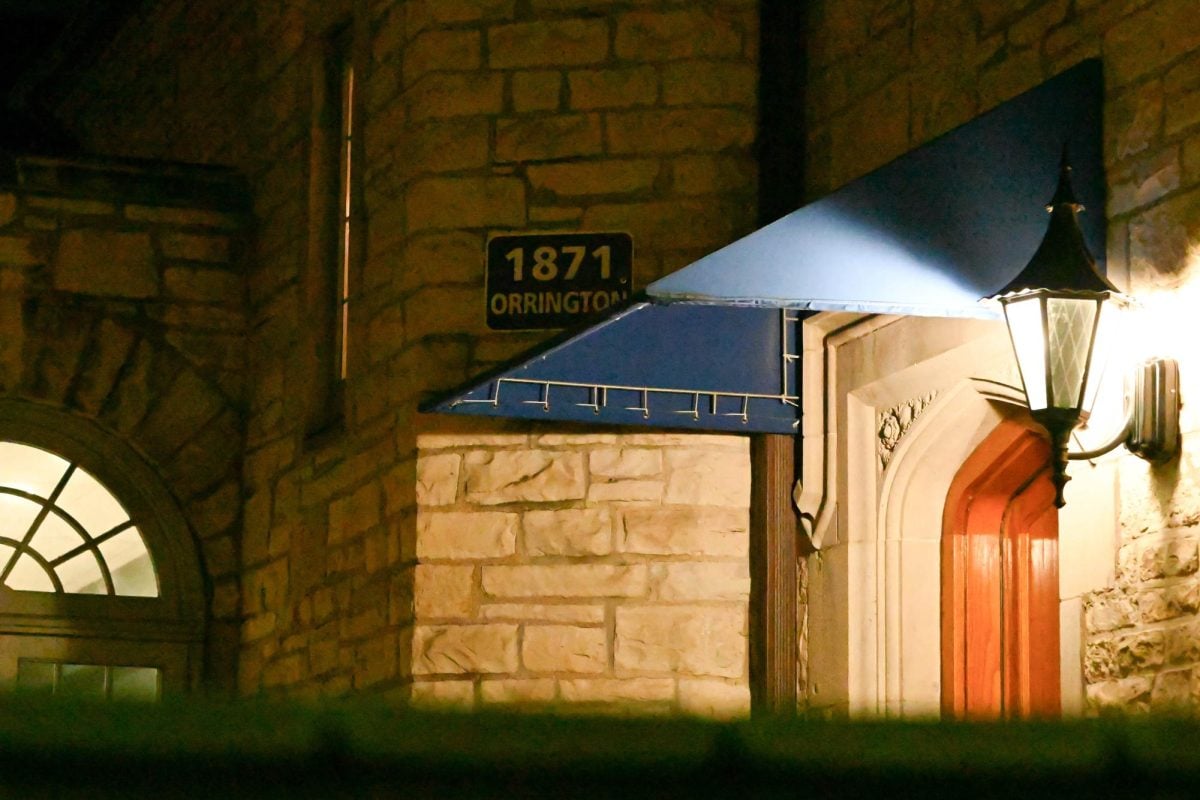Since Thanksgiving is in the rearview mirror, the holiday season is kicking into high gear. Unfortunately, the festive cheer brings forth a population convinced that “Die Hard” is a Christmas movie. I, however, don’t fall prey to such silly delusions. Sure, some may call me a Grinch, but I value the truth too much to stand by and let this happen.
The vast majority of action movies come and go. But, “Die Hard” remains relevant because of its supporters who claim it’s a holiday movie. It doesn’t have the quality or deeper meanings that make action movies like “Star Wars” and “Pirates of the Caribbean” timeless classics. Instead, the movie relies upon its lousy Christmas setting to persuade people to reignite this debate on a yearly basis for attention and monetary gain.
The core of the argument behind “Die Hard” being a holiday film rests on how the movie takes place on Christmas. However, this logic becomes deeply problematic when applied to other movies. For instance, one of the most important scenes in the 2002 “Spider-Man” occurs during Thanksgiving dinner where Norman Osborn (Willem Dafoe) discovers Spider-Man’s (Tobey Maguire) identity. This scene depicts an arguably more important event in the context of the holiday than any part of “Die Hard.” So why do people not argue that “Spider-Man” is a Thanksgiving movie every year?
The answer to this question is that “Spider-Man” doesn’t revolve around Thanksgiving imagery. Similarly, “Die Hard” doesn’t revolve around Christmas imagery. By that logic, one shouldn’t classify it as a Christmas movie — just as people do not classify “Spider-Man” as a Thanksgiving movie.
Equally befuddling is how people let a movie’s setting define the themes and nature of the movie. Take the timeless classics of “Indiana Jones and the Raiders of the Lost Ark” or the superior “Indiana Jones and the Last Crusade” movies. They’re set during World War II, yet are clearly adventure movies, not wartime films. Indiana Jones isn’t paraded around with “Saving Private Ryan” or “Dunkirk” as hallmarks of the WWII film genre. Likewise, “Die Hard” shouldn’t be kept in the same company as “Home Alone” or “Elf.”
In addition to excluding classic Christmas motifs, “Die Hard” actively glorifies values that counter the lessons Christmas movies usually attempt to teach. The movie indulges in violence and destruction, which could not be more opposed to the teaching that the holiday season is about generosity and loving others. This juxtaposition between the characters’ on-screen values and the meaning of the Christmas props in the background is a decisive blow to the credibility of the argument that “Die Hard” is a Christmas movie.
When you’re asked to picture a holiday movie, even the staunchest “Die Hard” supporters will probably have films like “Rudolph the Red-Nosed Reindeer” or “Frosty the Snowman” come to mind first. Their argument is merely a mirage to advance some motive. I can only speculate that the motive revolves around saying “Die Hard” is a Christmas movie to make them seem more interesting — so they can feed off the attention the debate brings.
If these arguments are not enough to sway your opinion, it should be noted that “Die Hard” star Bruce Willis himself has stated that the film is not a Christmas movie. With that, I rest my case. Don’t sit idly by as people try to boast about the film’s Christmas movie status. Real change can only come from people standing up and calling out these sad pleas for attention.
Email: dannyogrady2026@u.northwestern.edu
Twitter: @DannyMOGrady04
Danny O’Grady is a Weinberg sophomore. He can be contacted at dannyogrady2026@u.northwestern.edu. If you would like to respond publicly to this op-ed, send a Letter to the Editor to opinion@dailynorthwestern.com. The views expressed in this piece do not necessarily reflect the views of all staff members of The Daily Northwestern.






